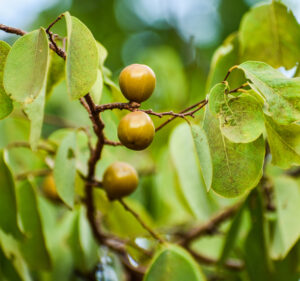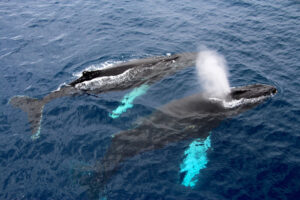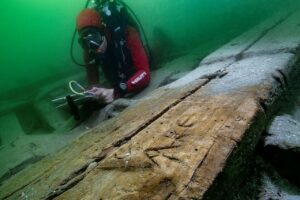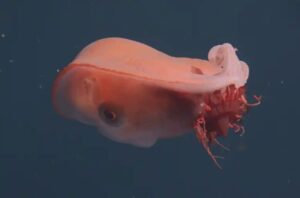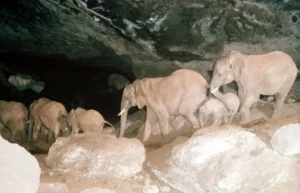Scientists studying nurse sharks in the Dry Tortugas have discovered that the animals return to the same breeding grounds for up to 28 years, according to a report by the Associated Press.
They also discovered that nurse sharks in the wild can live for over 40 years, nearly double the previously recorded nurse shark lifespan. The scientists published their findings on Oct. 17 in the journal PLOS ONE.

Geography of the Dry Tortuga courtship and mating ground (DTCMG). Photo: Long-term use of a shark breeding ground: Three decades of mating site fidelity in the nurse shark, Ginglymostoma cirratum, Harold L. Pratt Jr., et. al.
“This is the first example that has shown long-term use of a mating ground,” Nick Whitney, senior scientist at the New England Aquarium and co-author of the study, told the AP. “To observe natural shark behavior in the wild is incredibly rare to begin with, and to observe mating behavior is really unusual.”
A study decades in the making
The Dry Tortugas is an island chain and national park 112km off the coast of Florida. Sharks have been mating there for at least a century.
“The Dry Tortugas courtship and mating ground (DTCMG) has been known as a mating site for nurse sharks, Ginglymostoma cirratum, since 1895,” the scientists wrote.
The area is only about 20 hectares (just under 50 acres) in size.
What wasn’t clear was if the sharks returned to the site over and over again, and if so, how often.
So researchers embarked on a three-decade-long study, tagging 137 adult sharks and tracking their movements over the long term. The proclivity of nurse sharks to mate in shallow, clear water aided the task, allowing scientists to approach the animals and scan them with a submersible PIT tag reader.

After capturing nurse sharks with hoop nets, researchers attached fin-mounted rototags and acoustic transmitters. Photo: Three decades of mating site fidelity in the nurse shark, Ginglymostoma cirratum, Harold L. Pratt Jr., et. al.
The findings? Sixty-eight percent of the tagged sharks returned to the DTCMG during the summer mating season.
“Known individuals returned in up to 16 different mating seasons and over periods of up 28 years, indicating that life span extends well into the forties for this species,” the scientists concluded.
The findings serve as a further incentive to protect the delicate ecosystem around the Dry Tortugas, an area already beloved by birdwatchers.
Continuing to study the DTCMG “will allow us to see the impacts of climate change on this population as coral reefs decline and the sea level continues to rise,” the paper’s authors said.

